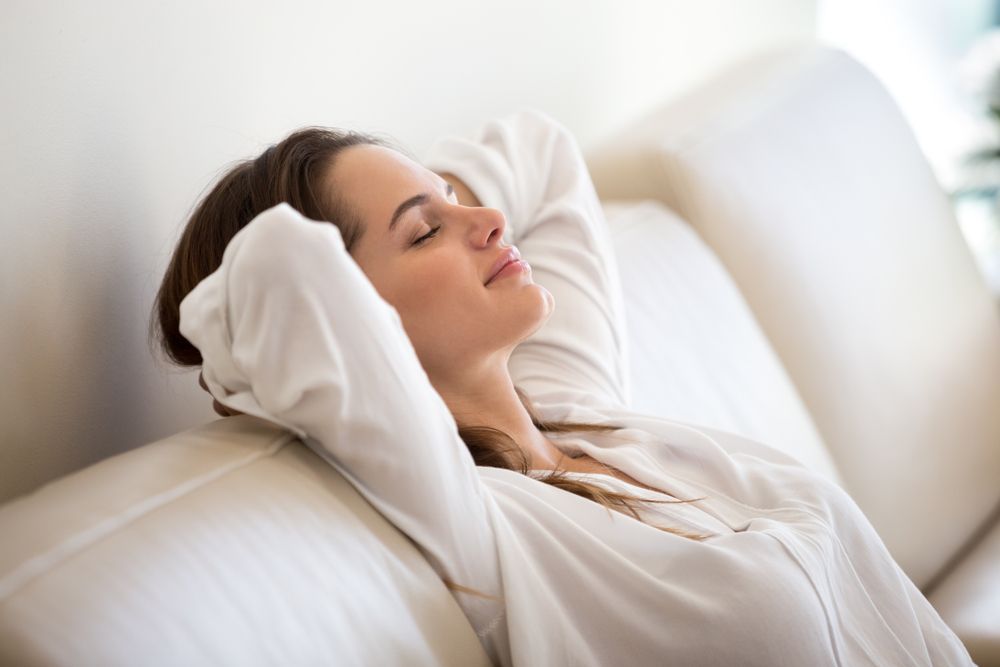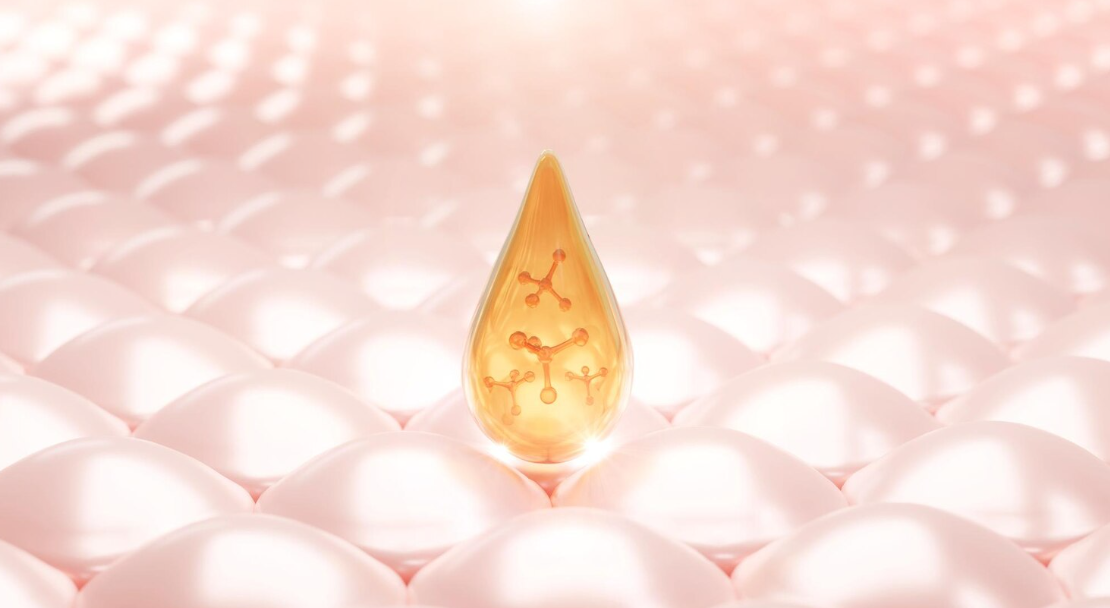Exploring the Impact of TMS Therapy on Mental Health

Navigation links
Free Consultation
It's important to know that you are not alone. Get help with depression today!
TMS THERAPY SUPPORTS MENTAL WELLNESS
- Depression
- Lack of Joy
- Sadness and Despair
- Low Mood
- Lethargy
- Insomnia
- Oversleeping
- Social Isolation
- Self-Harm
- Substance Abuse
- Suicidal Ideation
- Alcoholism
There continue to be amazing advancements in various therapies that help the body and mind. Transcranial magnetic stimulation therapy, or TMS therapy, is a highly advanced new treatment that helps with a variety of mental health conditions.
The way in which
TMS therapy works is by using magnetic pulses to stimulate the brain. The targeted stimulation goes after those parts of the brain that contribute to the development of mental health disorders. As the stimulation is done, the brain goes through a healing process that the patient feels nearly immediately.
The Power of TMS Therapy
With TMS therapy, there have been a lot of positive results seen with a variety of mental health conditions, including depression, anxiety, as well as psychiatric diseases. Some of the other mental conditions it can address with success also include OCD as well as PTSD.
In a TMS session, an electromagnetic coil is positioned against the scalp. The TMS device will deliver pulses into the patient's brain in a repetitive manner, producing a clicking sound similar to that of an MRI machine. The patient might sense a very gentle tap on their head with each pulse delivery. Earplugs are available to protect the patient's ears from the noise. A specialist will guide you through the procedure to ensure your confidence and comfort throughout the process.
Typically, individuals start to notice improvements from TMS therapy within two to five weeks. Usually, a standard treatment plan consists of daily sessions lasting for 4 to 6 weeks. Results may differ for each individual, and responses to treatment can vary. For some individuals, improvements may be noticeable within 1 to 2 weeks, while for others, changes may become apparent only after completing the treatment.
Benefits of TMS Therapy
There are a lot of major benefits that come along with TMS therapy. These start with the fact that it is a non-pharmaceutical solution. You do not need to get any prescription for this FDA-approved treatment to address depression and other mental health concerns.
It is also non-invasive, meaning that you do not need to have any surgery, go through any type of anesthesia, or experience any pain at all. With TMS therapy, you have minimal side effects to worry about, as it is well tolerated by most patients.
Every TMS therapy treatment is going to be customized and tailored to you as a patient. This means that the targeted approach will ensure you get the best results possible.
Once you go through the therapy, you do not have to worry about experiencing a downtime period. Recovery happens as soon as each treatment is complete, so you can quickly go back to your regular routine. As a result of the long-lasting effects of TMS therapy, it is possible to feel better from your symptoms for quite some time following treatment.
Is TMS Therapy Right for Me?
To determine if TMS therapy will work for you, we recommend scheduling a consultation with our team over the phone. At Unchained Wellness Clinic, our specialists can help you decide if TMS therapy may be an option for treating your symptoms. Contact us today at 480-536-9473 to begin your journey toward healing.



